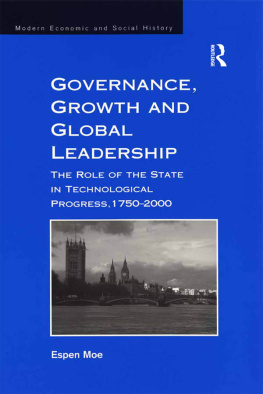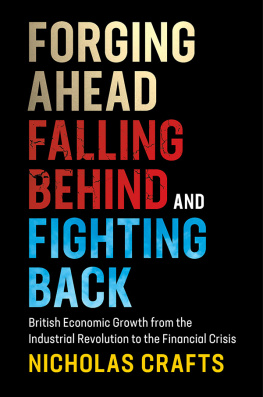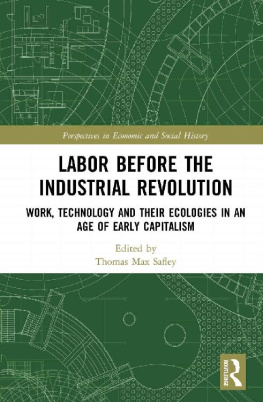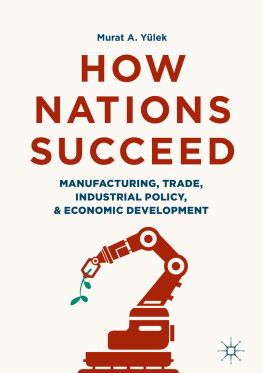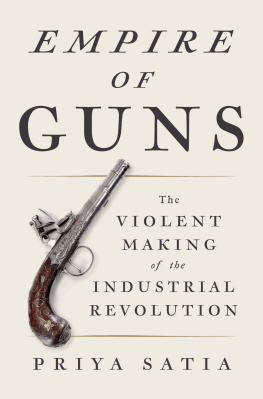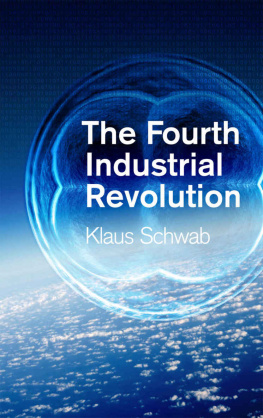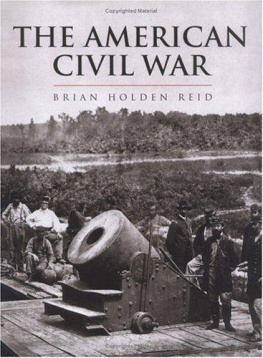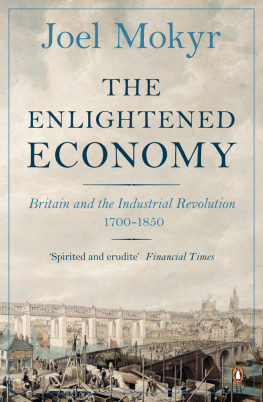THE INDUSTRIAL REVOLUTION
To
Oliver, Harvey and Kerrie
THE INDUSTRIAL REVOLUTION
THE STATE, KNOWLEDGE AND GLOBAL TRADE
William J. Ashworth
Bloomsbury Academic
An imprint of Bloomsbury Publishing Plc

CONTENTS
I have accumulated a large intellectual debt in the research and production of this book. My interest in the role of the state and British industry was nurtured during the writing of my last work on the history of customs and excise. It became obvious to me that fiscal necessity in Britain had an extremely important connection to the countrys course of industrialization. However, the centrality of the state to understanding this process took a much longer time to unravel; the interconnections between tax, borrowing, debt, industry, labour exploitation, global trade, colonization, war and knowledge are complicated but vital to a proper understanding of the Industrial Revolution.
Over a number of years I have been extremely fortunate to have encountered numerous other persons interested in this historical nexus; although we have not always agreed, the debate has been rich and informative. I would like to begin by first and foremost thanking Leonard N. Rosenband and Andre Wakefield for always providing sharp and insightful comments throughout this period; the spirit of our chat and exchanges can clearly be found throughout this book. A special mention must also go to Erica Charters, Pat Hudson and Kate Marsh, who have stepped in at vital moments to offer valuable feedback and ensure I stuck to the project. I have also profited hugely from the anonymous readers for Bloomsbury, who provided such constructive suggestions. I may not have carried them all out, but their imprint will be clear.
Elsewhere my understanding of eighteenth-century France greatly benefited from Philippe Minard and a month in Paris as a Faculty Guest at the Centre de Recherches Historiques (EHESS) in the spring of 2012. My debt, in general, to international visits is enormous. I presented arguments of this book in seminars, workshops and conferences at Amsterdam University, The Royal Netherlands Academy of Arts and Sciences, Uppsala University, The University of California, Berkeley, the Annual Meeting of the Society for the History of Technology at Las Vegas in 2007 and, also that year, the Annual Meeting of the History of Science Society in Washington, the Annual Datini Economic History Meeting in Prato in 2007, workshops at both CNRS and EHESS in Paris, the 2012 Annual Meeting of the Wolfenbttel Working Circle for Baroque Research Congress, Ludwig Maximilian University of Munich, Leipzig University, Pitzer College in California and Chicago University. There are too many people to personally thank here but I hope they all realize how appreciative I am of all their useful feedback.
Equally fertile has been the constructive comments closer to home at talks given at an array of institutions, including Imperial College, London, The London School of Economics, Oxford University, University of Manchester, University of Aberystwyth, University of Nottingham, University of Swansea, Cambridge University, University of Warwick, University of Kent and the National Maritime Museum.
In general, I am grateful to Eric Ash, Sven Beckert, Maxine Berg, Ha-Joon Chang, Martin Daunton, Celia Donert, Charles Esdaile, Boyd Hilton, Michael Hughes, Jane Humphries, Stephen Kenny, Roger Knight, Robert Lee, Iwan Morus, Patrick K. OBrien, Prasannan Parthasarathi, Philip Rossener, Crosbie Smith, Keith Spendiff, Larry Stewart, Ben Tate, Daniel C. S. Wilson and, especially, Simon Schaffer, for all their interest and suggestions over the course of researching and writing this book. Simon, as ever, has been a constant source of support and stimulation. At Bloomsbury my editors, Claire Lipscomb and Emma Goode, have been very supportive from the start. Their enthusiasm and commitment to the book has made the process exceptionally smooth.
The staffs at the National Archives in Kew, the Sidney Jones Library at the University of Liverpool and The Boarder and Customs Museum in Liverpool were all extremely helpful and efficient. I would especially like to thank Steve Butler for his ongoing passion for all things to do with tax. One of my greatest thanks goes out to all the students I have taught over the years. They consistently forced me to think through my arguments and clarity points I took for granted. I am also grateful for the friendly collegiality of my colleagues in the History Department at the University of Liverpool.
Lastly, but certainly not least, my family has been vital. These have not always been the easiest of years but my two sons, Oliver and Harvey, have always tolerated me. Their eyes may glaze over when I mention tax or industry, but they have continually accepted my need to disappear and write for long periods of time. Throughout my sister, Kerrie Spendiff, has been there for me and I cannot thank her enough for all her unconditional love and care.
The British Industrial Revolution has long been seen as the spark for modern, global industrialization and sustained economic growth. Indeed the origins of economic history, as a discipline, lie in nineteenth-century European and North American attempts to understand the foundation of this process. During the following century, particularly throughout the Cold War, Britains Industrial Revolution was briefly adopted as a blueprint for economic development. Today, however, there is no consensus over what triggered the leap into the modern industrial world and therefore what lessons it may hold. Nonetheless, the ghost of Britains manufacturing history still informs recommendations for economic development, from the type of institutions, knowledge and culture needed to an evangelical promotion of free trade and technology.
These relationships, as we shall see, were invented after the rise and dominance of Western industrialization. It was not so much an indigenous Western culture that triggered the British Industrial Revolution, but a distinct Western culture that invented such a history. As such interpretations of this process have an import of much greater significance than historical accounts of other themes; it reflects and reinforces contemporary Western politics and economics. This book will show that economics and history make awkward bedfellows when it comes to prescribing such development.
The primary subject of this book is the British state and its fundamental role in the development of domestic manufactures, importantly, those at the heart of the countrys Industrial Revolution. First, state protectionist policies born of war and fiscal pressure framed the evolution of British industry such as linen, cotton, iron, steel, potteries, malt, beer, spirits, leather, soap, candles, paper and glass. The protective barriers allowed manufacturers to develop, which enabled inland taxation (excise) to expand as revenue gaugers farmed them for vital income. Excise collection became more efficient and, crucially, relatively predictable (in contrast to other sources of revenue), something essential for sustaining Public Credit and fighting costly wars. All of which along with the specification of ingredients, process of production and system devised to measure commodities was important in defining the shape of both taxed and eventually untaxed manufactures.
Traditionally, arguments explaining the British Industrial Revolution have tended to focus upon a narrow set of factors as the key impulse, rather than a distinctive mix of many characteristics and circumstances. This book critically weaves these univalent approaches into a broader consideration framed by the state. It will demonstrate that any understanding of the British Industrial Revolution has to take a long view from, at least, the mid-seventeenth to the mid-nineteenth centuries and be situated within a global context.
Next page

